vimeo.com/90672320
Cave of the Clive
In this project we focused on providing an experience for our subject through a breach of privacy and narrative. We used cameras to document the daily activities of the subject and narrated their actions aloud as if we were inside a wildlife documentary, essentially we made a mockumentary of a national geographic work. We understand that this project may have many different connotations; animal rights, student life, etc. However, what we chose to focus on was the breach of privacy in a public space; we followed our subjects through their interactions with others, often leading to humiliating situations. We further invaded this privacy by publishing he documentary on DVD.
DVD Cover:

Hey all, For today’s assignment trying to replicate the work of Janet Cardiff, our group(me, Maryyann, and Ralph) took a tour that starts right outside the elevator on the 6th floor of gates Here is the youtube link, Note that the video is sideways so that when you hold it on your mobile, it will be the correct orientation:

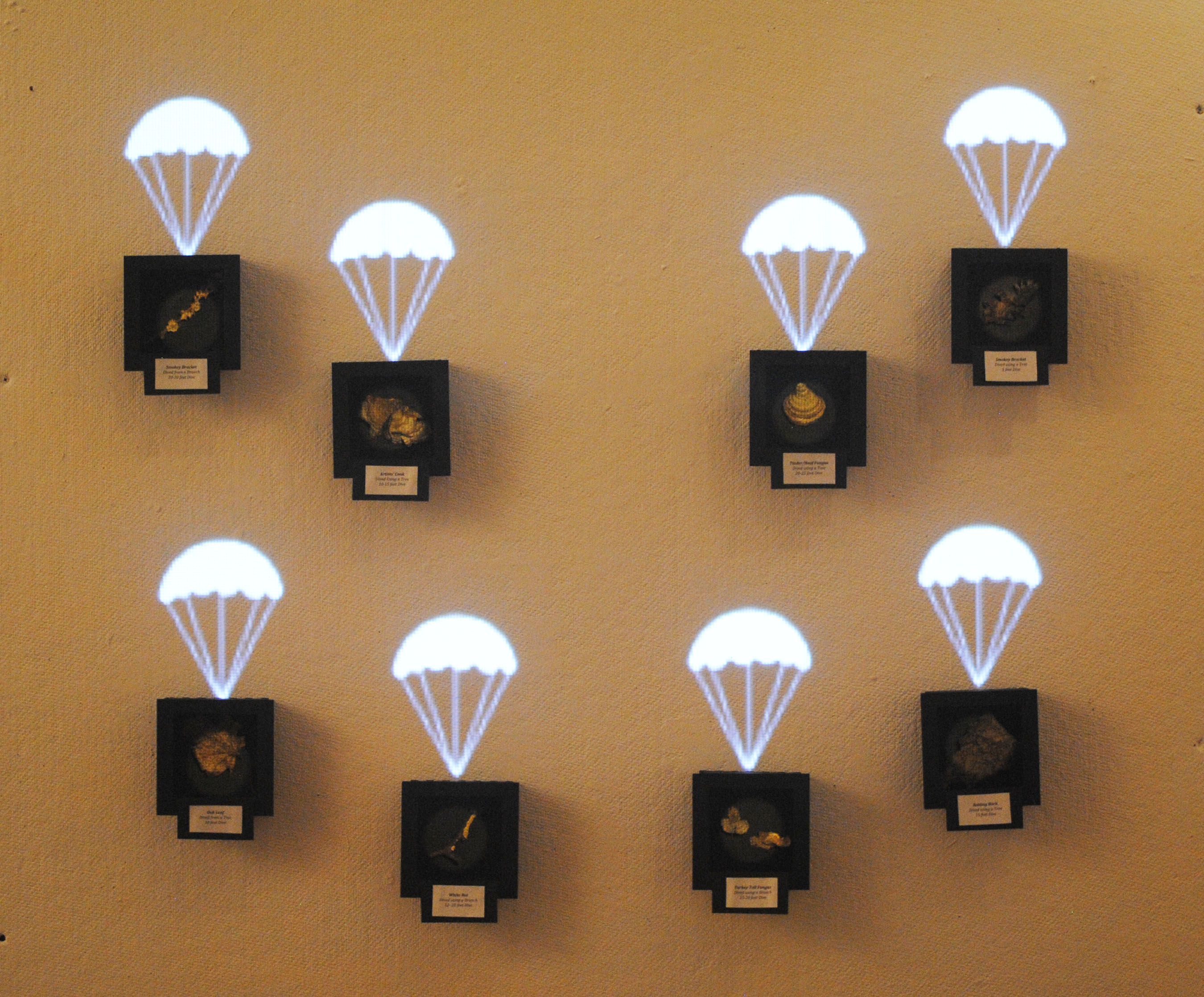
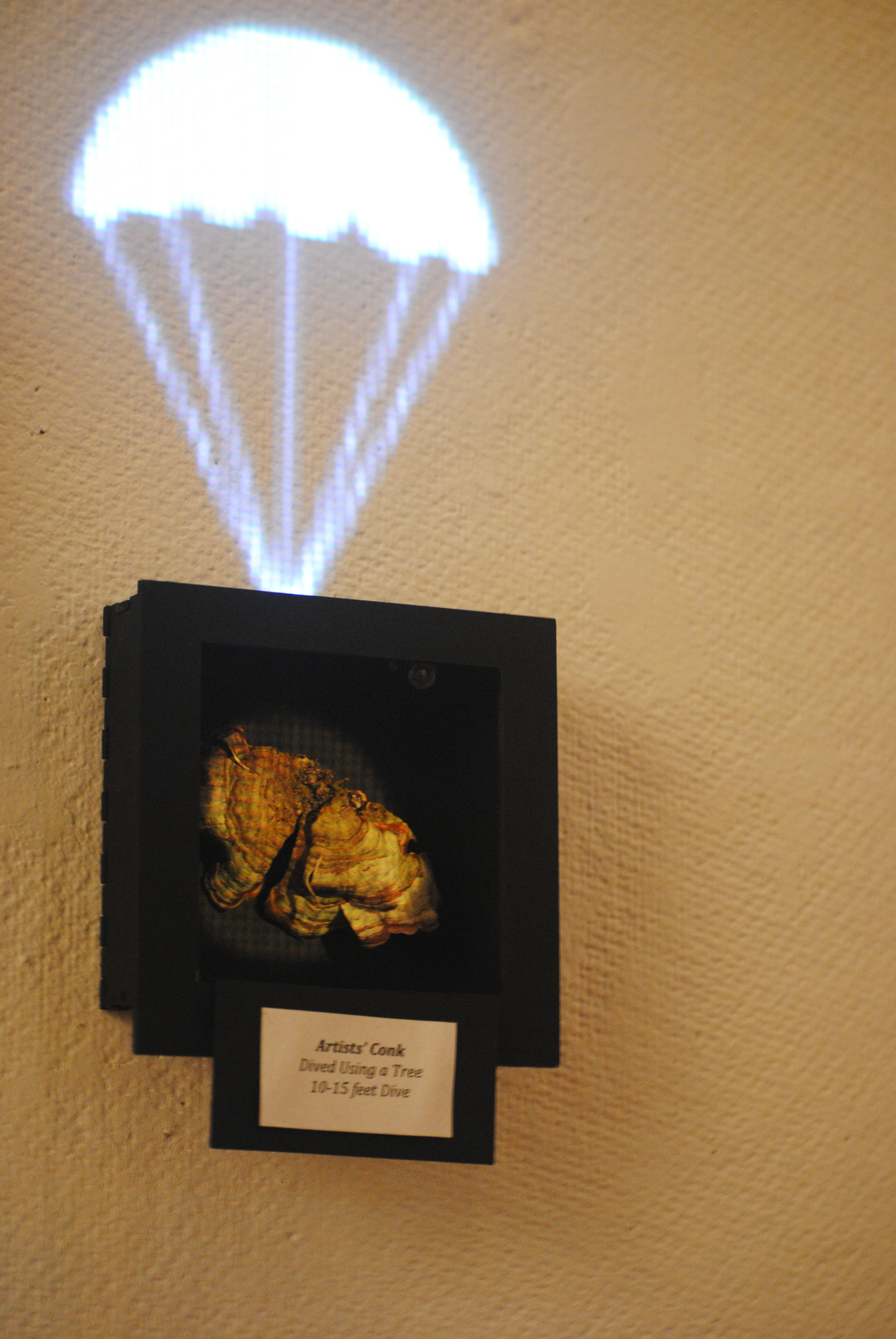
Skydivers
By Swetha Kannan
As Logs, trees, and leaves begin to decay, as they do with every passing of seasons, it’s interesting to see the adventurous skydivers that can begin to take root in the decay and, with it’s force, pull trees, leaves, and others down to the ground. These skydivers are the fungus and bacteria that begin to swarm and ferment in the roots of dying organisms. They are beautiful and interesting to behold, and in a final effort to give a tree a glorious ending, pull them down to the ground where they will be consumed and eaten by the bacteria.
The Skydivers project was my way to attempt to memorialize these events that happen outside of our notice. The falling of trees and leaves are events that we feel do not matter or that we ignore all together. I’ve tried to integrate this aspect of nature in our every day lives in a whimsical fashion so that we may appreciate this small part of nature that we seldom even think about.
In this collection, I focused on collecting things that I saw outside which I could imagine that I have lost at some point in my life. In this way, it was like ‘reclaiming’ lost things for myself rather than just taking it off the street. Surprisingly, it seems like many other girls besides myself loose their hair bands.





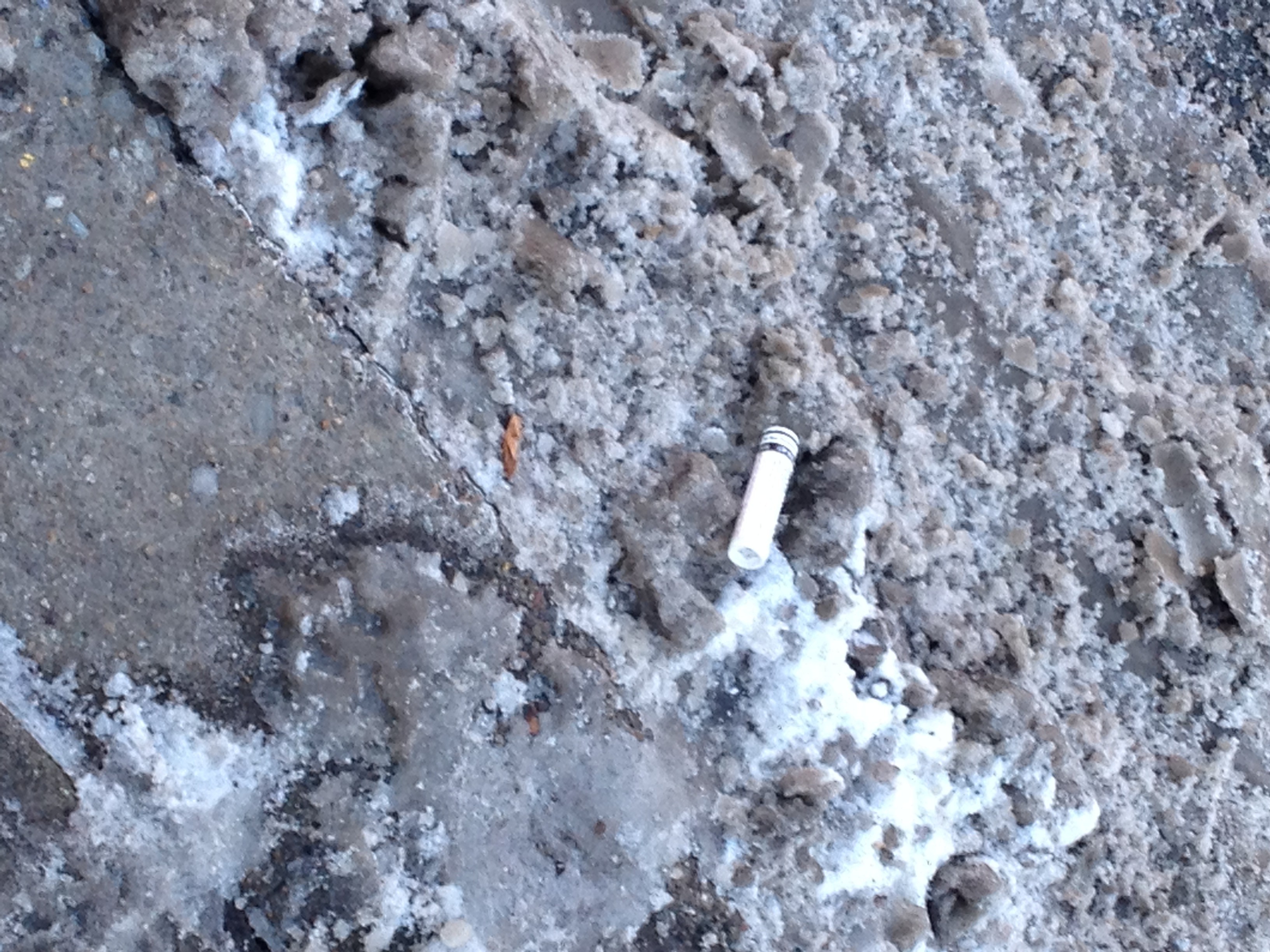
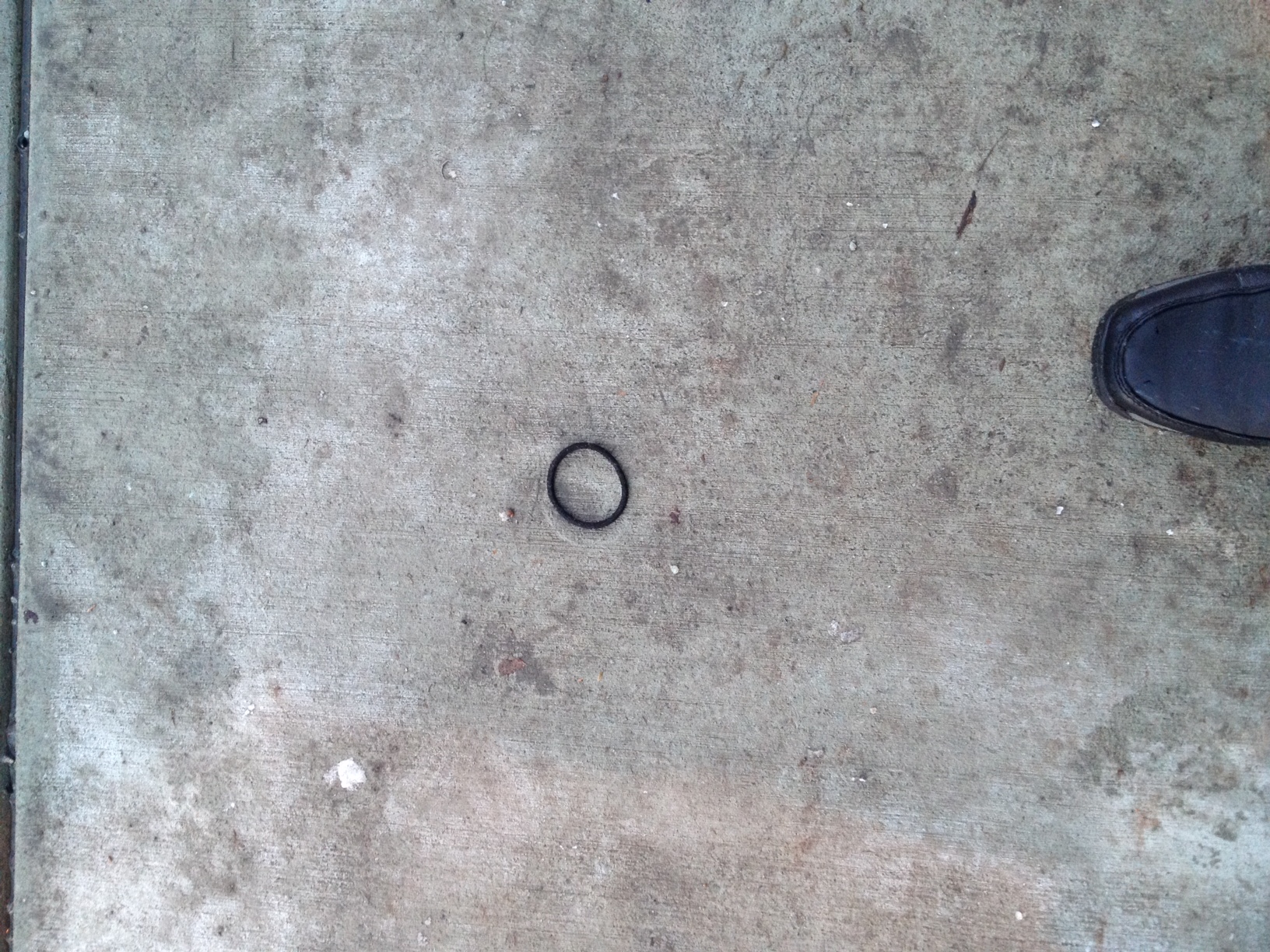
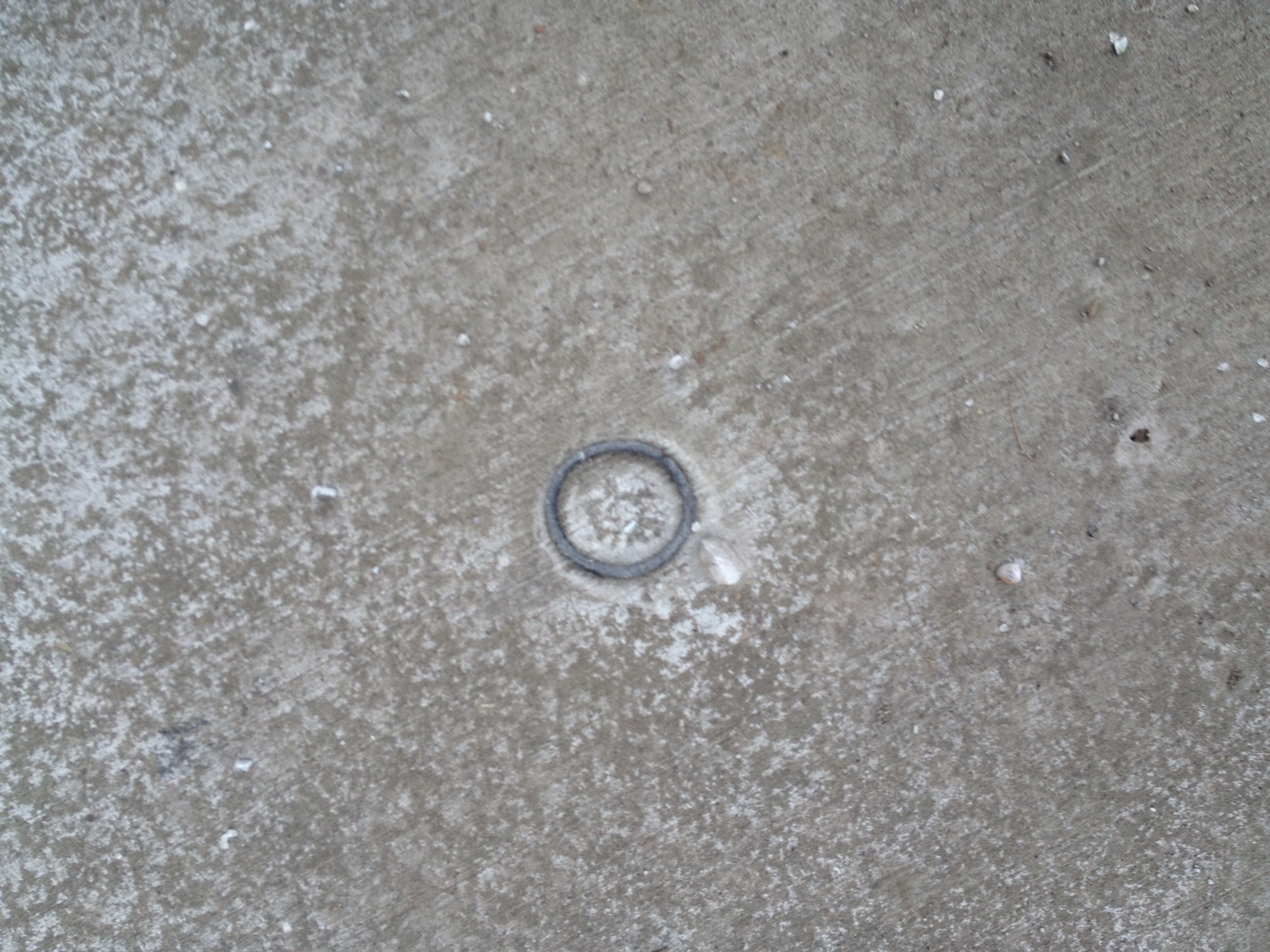
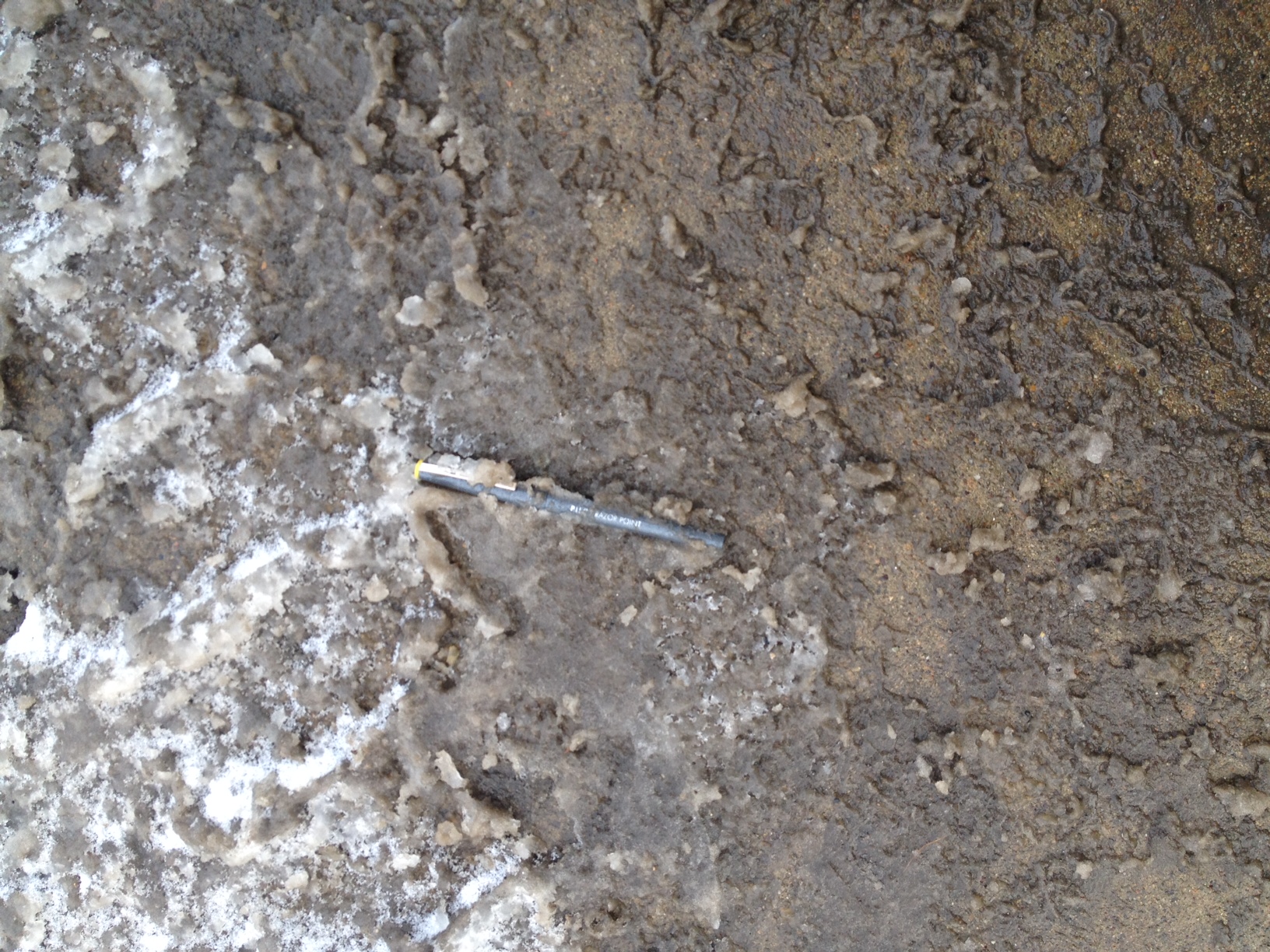

Here is a list of systems in my life. Underneath each system I have also added ways in which I can mess up the system by changing something about the feedback:
- Cooking:
Input: Hunger
Output: Satisfaction
Feedback: Talent/skill
Other Factors: Diet, time, peopleCook dishes have never cooked before for a day
Only cook what I can make within 5 minutes.
Assemble all pics of food I have eaten over the past few years (I always take pics of new things I eat/ cook)
- Communication:
Input: Necessity
Output: Knowledge gained or given
Feedback: Urgency
Other Factors: intelligence, language, personal vs. professionalRespond to all email, text, etc, that I receive within a day
Speak with a thick Indian accent for a day
- Religion
Input: Belief
Output: Tradition
Feedback: Passion
Other Factors: Family, culture, time, dedicationTry reading a religious text that is not from my religion
Attend another religions’ meeting
- Language
Input: Idea
Output: Communicate
Feedback: Audience
Other Factors: Culture, Family, Friends, Location, SpeciesSpeak Tamil to everyone for one day
- Transportation
Input: Leave
Output: Arrive
Feedback: Distance
Other Factors: Weather, Time, CompanyVisit a PAT public meeting
Walk to all destinations regardless of distance
Wait for 1 specific bus the whole day
- Hygiene
Input: routine
Output: Clean
Feedback: Tolerance (of feeling dirty)
Other Factors: Family, Friends, Responsibilities, SocietyDedicate 2 hours for brushing my teethe
Bathe in ice cold water for a week
- Study
Input: Confused
Output: Understand
Feedback: Skill
Other Factors: Interest, tiredness, timeAttend academic development
Attend study sessions for 1 day (even if I do not take the class)
- Relationships
Input: Lonely
Output: Support System
Feedback: Maintenance (keeping in touch)
Other Factors: Who?, Family, Professional vs. Personal, memories, grudgesRespond to all email, texts, social media, that I receive in a day (even if it is spam)
Write letters to everyone that I have not kept in touch with
- Reading
Input: Curiosity
Output: Knowledge
Feedback: Time/speed
Other Factors: Interest, personal vs assigned, genre, lengthOnly read Magazines for one day
Read texts that are not assigned and are not interesting for me
- Sleeping
Input: exhausted
Output: refreshed
Feedback: Time
Other Factors: work, tiredness, Parents, schedule, rulesDo not sleep for a night
Sleep with hourly interruptions
Spend a day where you sleep for an hour, work an hour, sleep, work, sleep, etc
- System That I changed for 1 day:
Self – improvement
Input: Need to Change
Output: Become a better person
Feedback(negative) : criticism
Feedback(Positive) : Praise
Other Factors: work, professionalism, self-esteem, confidence, societyIn this system, I found it interesting that the system has clear negative and positive feedbacks. However, People most often seek to improve themselves through criticism even though positive reinforcement (praise) is proven to work better. I believe that this system is closely tied in with societal norms or pressures; if someone seeks praise then they are labelled as narcissistic, over-confident, and more. It is also hard to receive praise since we are not trained on how to graciously accept it. To break this system, I spent a day trying to let everyone on my contacts list know what great things they’ve done for me or just how special they were. After getting past the initial discomfort of writing such wonderful things and sending them out to be judged, it was interesting to see the different reactions.
Here is a link to the post which Documents this experience: teach.alimomeni.net/2014spring1/?p=4024
In this assignment, we were asked to change one system in our lives. I chose to focus on something that I had been thinking about this break; the system of communication in our society. More specifically, I was thinking more along the lines of how we are more willing to offer criticism rather than praise because of societal pressures. Especially when someone is looking to improve themselves, it is more often that they do it through criticism (negative feedback) rather than praise (positive feedback).
Therefore, for this assignment, I decided to send positive feedback to everyone on my contact list. Granted, this list is very small since I am apparently an unsociable person who isn’t in the habit of asking for numbers. However, I found it interesting to reconnect with people I never talk to anymore (like my freshman room mate) and to offer them things I noticed were their strong points or praise for things they have done for me in the past.
This is a master compilation of the texts I sent and received texts back from :
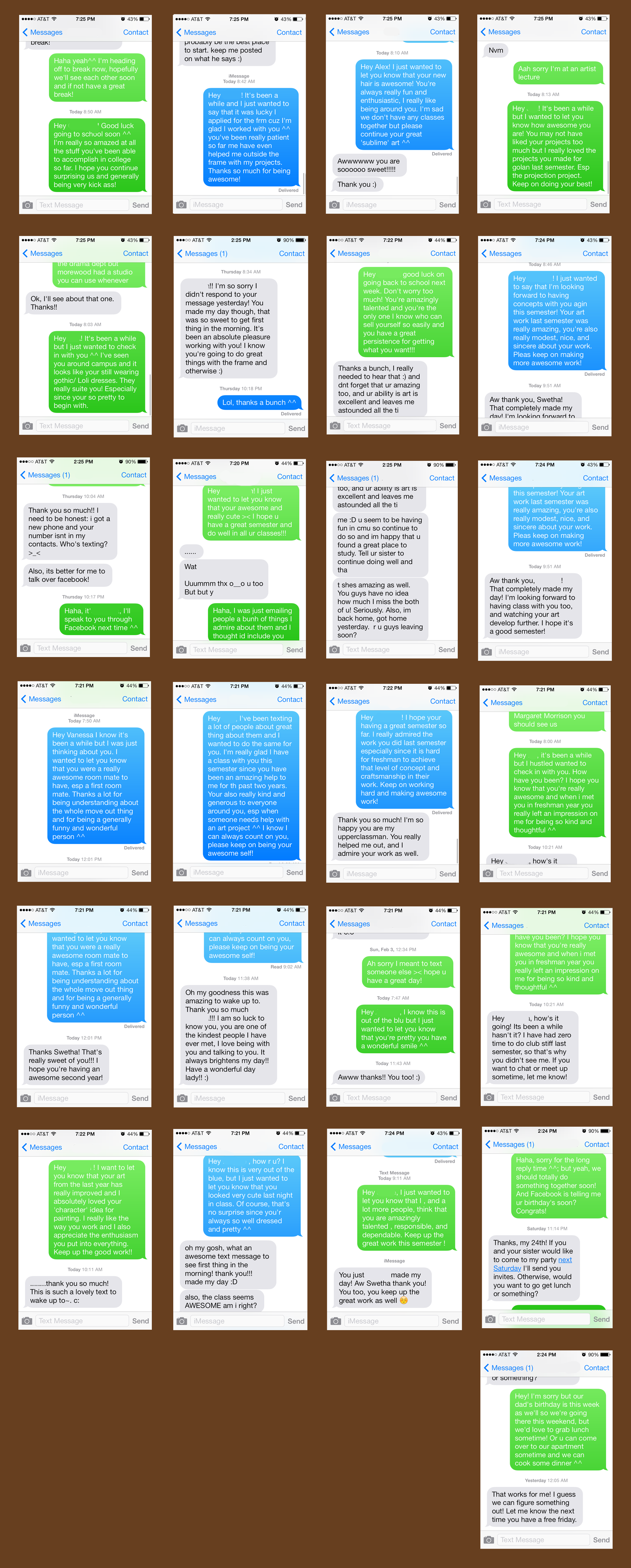
More Documentation: I printed out the texts I received back and mounted them so that each has their own iphone – like frame.


This was an interesting project for me since I sent out texts early that morning and was receiving and sending out even more throughout the day. It was especially nice to hear from people who I have not kept in contact with and to hear the nice ompliments I got back in return. One of the more surprising things turned out to be that people who I am friends with but not very close to replied instantly whereas people who I am extremely close to still haven’t replied. I suppose it has to do wih ‘no words needed’?
















